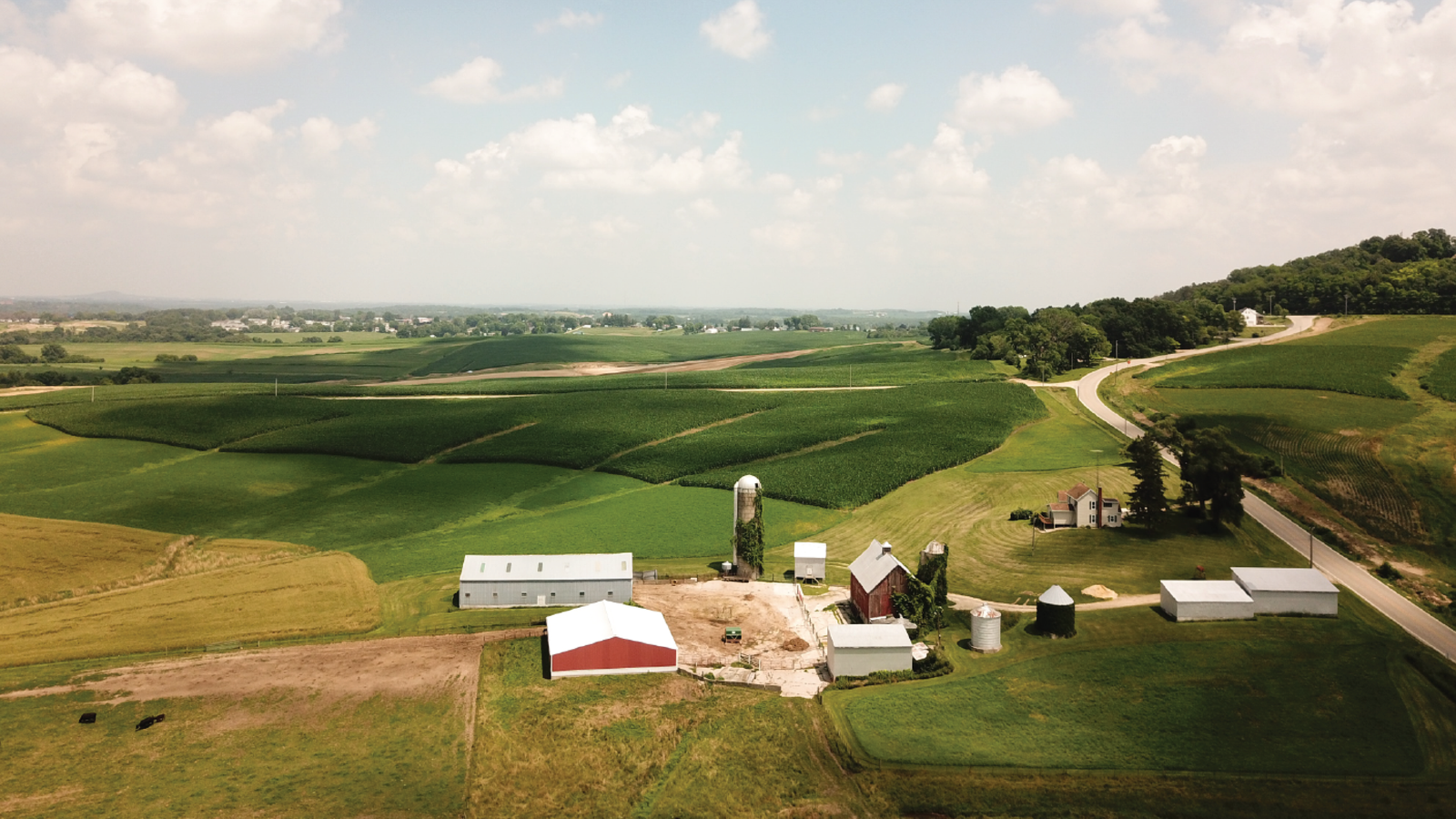
USDA Awards Biocomplexity Institute $1 Million to Develop Three-State Data Science for the Public Good Coordinated Innovation Network
Researchers from the University of Virginia’s Biocomplexity Institute will lead the development of a three-state Coordinated Innovation Network to expand the Institute’s highly successful Data Science for the Public Good (DSPG) program beyond the Commonwealth of Virginia for the first time. With the support of a nearly $1 million grant from the U.S. Department of Agriculture’s (USDA) National Institute of Food and Agriculture (NIFA) Food and Agriculture Cyberinformatics and Tools (FACT) program area of the Agriculture and Food Research Initiatve (AFRI), the Institute will help guide and support the implementation of DSPG programs at land-grant universities in Iowa, Oregon, and Virginia with a focus on rural communities.
The DSPG program leverages cutting-edge public policy analytics and unprecedented data access to serve as a resource to identify, visualize, and understand how data science can be used for public good purposes such as problem solving and policy development. Expanding the DSPG program outside the University of Virginia to Iowa State University, Oregon State University, Virginia Tech, and Virginia State University will lead to advances in community learning and data science application into all aspects of rural development, particularly problems in health and nutrition, food and agriculture, youth development, and economic mobility and opportunity.
"Local governments of all sizes now have access to a wealth of data which they can utilize to better serve their residents; however, governments in rural communities often lack the resources and technical expertise to put data to good use,” said Sallie Keller, Distinguished Professor in Biocomplexity and Division Director of Social and Decision Analytics, Biocomplexity Institute. “Our goal is to create a two-way pipeline giving cooperative extension professionals at land-grant universities and local community leaders training and a direct link to cutting-edge data science methods and analyses, and researchers easier access to local data. Through the DSPG program, rural communities will build capacity for data-driven decision-making, and our institutions will build a new data science-savvy workforce ready for community-based problem solving."
Through the Coordinated Innovation Network, students, faculty, and cooperative extension professionals at the participating universities, and sponsors in rural communities, will form research teams to take an interdisciplinary research approach to an array of community concerns and problems ranging from nutrition and agriculture to physical, social, and emotional health and positive youth development. Their objectives include:
- Identifying pressing issues that can benefit from data science;
- Developing mechanisms to assist cooperative extension professionals and local decision-makers in framing programs and identifying data sources, and building capacity to address issues at community levels; and
- Inspiring the next generation of scholars to embrace data science and community-based problem solving.
"We are incredibly honored to partner with Iowa State, Oregon State, Virginia Tech, and Virginia State University – with whom we have a shared mission in the field of data science – to coordinate this three-state initiative and expand the DSPG program and its benefits beyond UVA,” Keller said. “Our ultimate vision for the program is to have a national, and potentially international, reach and impact, so to take these first steps toward that goal is extremely gratifying."
By working across diverse states, with partner universities and cooperative extension professionals, the three-state Coordinated Innovation Network is aiming to create a “DSPG Blueprint” to help other states launch similar programs and build data science capabilities across rural America in support of rural prosperity. Working with a project team from the partner universities, the DSPG Blueprint will provide best practices and know-how for other public and land-grant institutions across the country to replicate the program in their states and regions.
The Data Science for the Public Good Coordinated Innovation Network goal is to promote the creation of a data savvy and community-aware workforce and serve to bridge the gap in the application of data science to public good problems in rural America through the marriage of data science with agricultural, economic, social and behavioral sciences.
For more information about the Biocomplexity Institute or its Data Science for the Public Good (DSPG) program, visit https://biocomplexity.virginia.edu/. Visit https://nifa.usda.gov/program/fact for more information about the USDA’s NIFA FACT program.